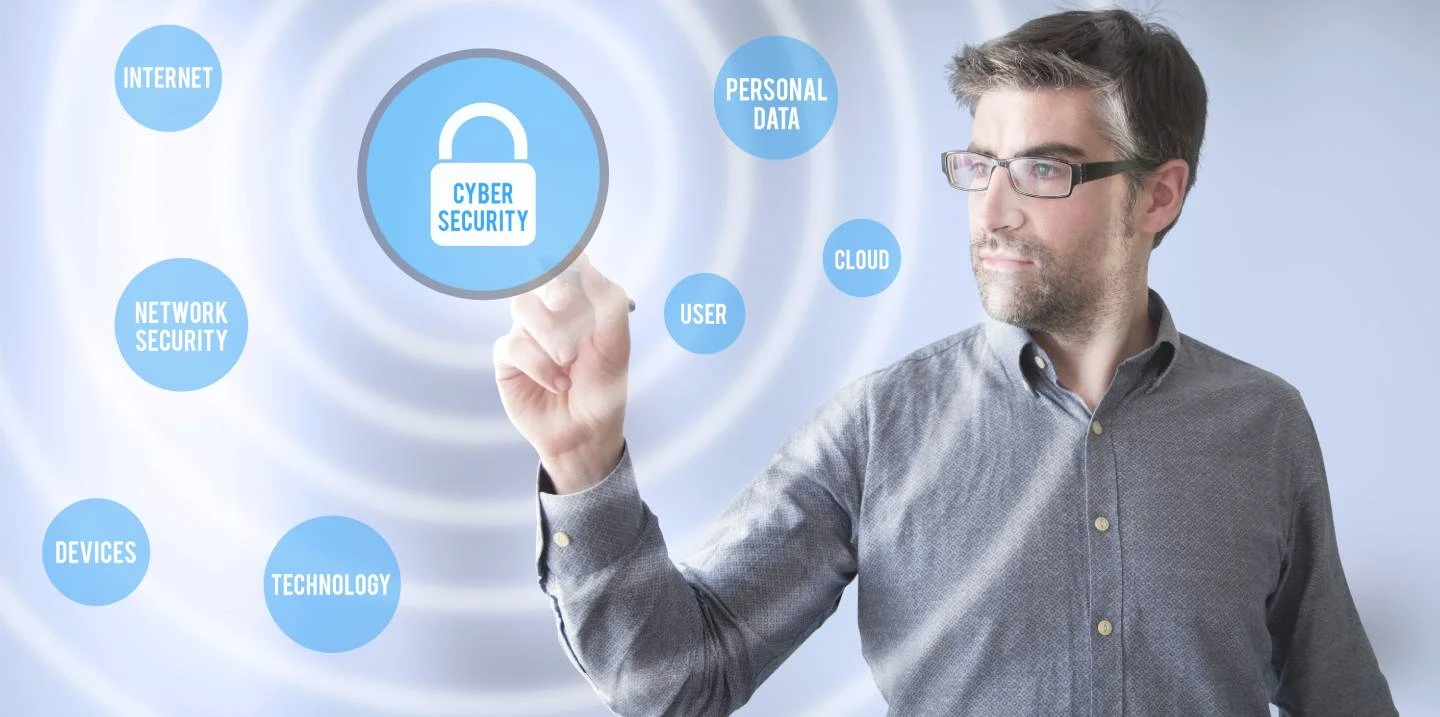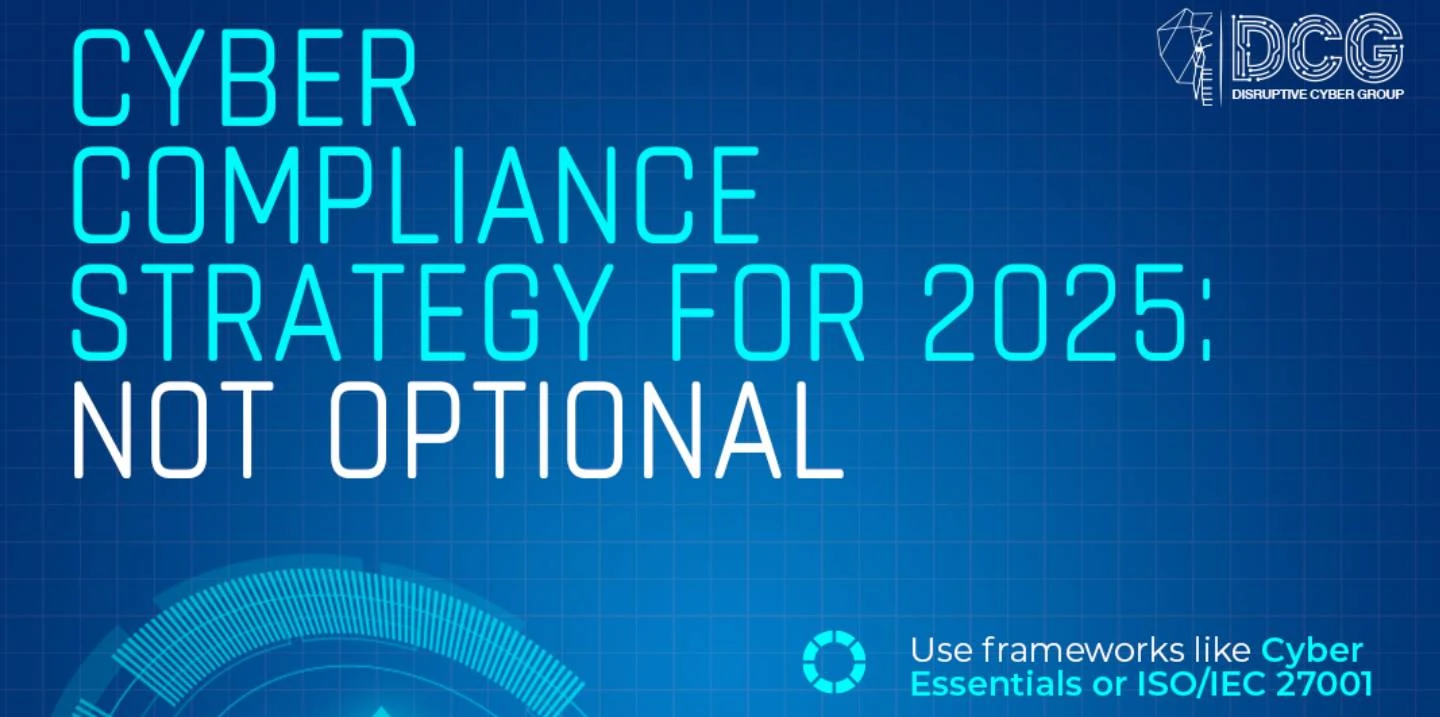
Navigating the cyber security landscape in 2025 can be challenging, as it is experiencing significant shifts due to technological advancements and evolving cyber threat tactics. To protect their digital assets, organisations must stay informed on cyber trends that are shaping cyber security this year:
Artificial intelligence (AI) has become a strong pillar in modern cyber security services, making AI-powered systems essential for identifying vulnerabilities and real-time threat detection, protecting businesses from safety breaches. A recent report showed how 91% of security teams are using generative AI tools to stay ahead of threats. Source
Cyber attackers are also leveraging the same technology to craft highly sophisticated phishing attacks and develop malware capable of adapting to evolving security measures and exploiting vulnerabilities. A 60% increase in global phishing attacks has been observed, driven by generative AI-powered tactics such as voice phishing (vishing) and deepfake phishing scams. Source

The potential unprecedented speed with which Quantum Computing can solve complex problems gives rise to significant threats against existing encryption algorithms. Widely used encryption methods like RSA-2048 can be broken in a matter of hours, making current security protocols outdated.
To address the potential risks, institutes are developing Quantum-Resistant Cryptographic algorithms. Organisations should look to transition to quantum-safe encryptions to stay ahead of emerging cyber threats.
Lowering the entry barrier, Initial Access Brokers have emerged as new key players in the cyber crime ecosystem. Specialising in network breaching and selling access to cyber attackers, the significant increase in IAB activities is compromising corporate security networks, which is one of the biggest concerns for cyber security in 2025.
Organisations must improve their Identity and access management (IAM) measures and implement Zero Trust Models ensuring that unauthorised access is detected and prevented before it leads to significant damage.
Phishing continues to be one of the most widespread cyber threats, with mobile users facing over 600 phishing attempts annually. Recent data has shown a significant increase in phishing attempts. Cyber attackers are diversifying their attack tactics, using methods such as SMS-based phishing, social media impersonation, fake calls, and fraudulent mobile apps to steal credentials and other data.
Organisations need comprehensive cyber risk management and awareness training to overcome these growing threats and stay safe in the evolving cyber landscape.

Organisations are increasingly turning to Managed Security Service Providers (MSSPs) due to talent shortage. These providers offer specialised operations, cutting-edge technologies, threat hunting, cyber security courses and continuous threat monitoring, giving businesses a chance to protect their data without bearing the cost of setting up in-house cyber security teams.
Outsourcing cyber security gives businesses the flexibility to choose custom services based on their specific needs, allowing them to save costs on expensive hardware and advanced tools. With cyber threats becoming more sophisticated, MSSPs give businesses scalable solutions that help them prevent potential breaches and maintain operationality.

Cyber security preparedness is crucial for all regions, yet it remains inconsistent across the globe. According to the World Economic Forum, 15% of respondents in Europe and North America lack confidence in their national cyber security resilience. This is in stark contrast to the worrying 36% and 42% of respondents in Africa and Latin America, respectively, who feel similarly insecure in their national cyber security resilience.
Public sector organisations are the most vulnerable, as 49% of respondents expressed concerns about a shortage of talent in the cyber security industry. Investing in cyber security infrastructure becomes extremely important to bridge these gaps, and to ensure a safer digital tomorrow. Source
As businesses and organisations continue to recognise the importance of cyber security, the investment will increase significantly in the future. A report by Gartner predicts that global spending on information security will grow by 15% in 2025, reaching 169 billion pounds.
Areas of key investments will include AI-driven threat intelligence, cyber security training and awareness programs, advanced phishing prevention tools, zero trust architectures (ZTAs), and cyber resilience. These financial commitments reflect the growing understanding that cyber security is not just an IT concern but a business priority.
The 2025 cyber security landscape presents the need for proactive, multilayered cyber defence to secure your business. Organisations should focus on the following to make their cyber security future-proof in 2025:
By staying informed and adapting to emerging trends, organisations can build a more resilient cyber security framework capable of withstanding the evolving threat landscape.
What steps is your organisation taking to address these cyber security challenges?

AI‑Powered Threat Intelligence: Defending Against Next‑Gen Attacks

Securing AI Agents: Managing Prompt Injection & Autonomous Risk

The Future of Cyber Insurance: How Compliance Affects Coverage in the UK

AI, Privacy, and Compliance: Adapting to New Global Regulations
Join industry leaders on cyber projects to create a global impact and ensure a secure digital future.